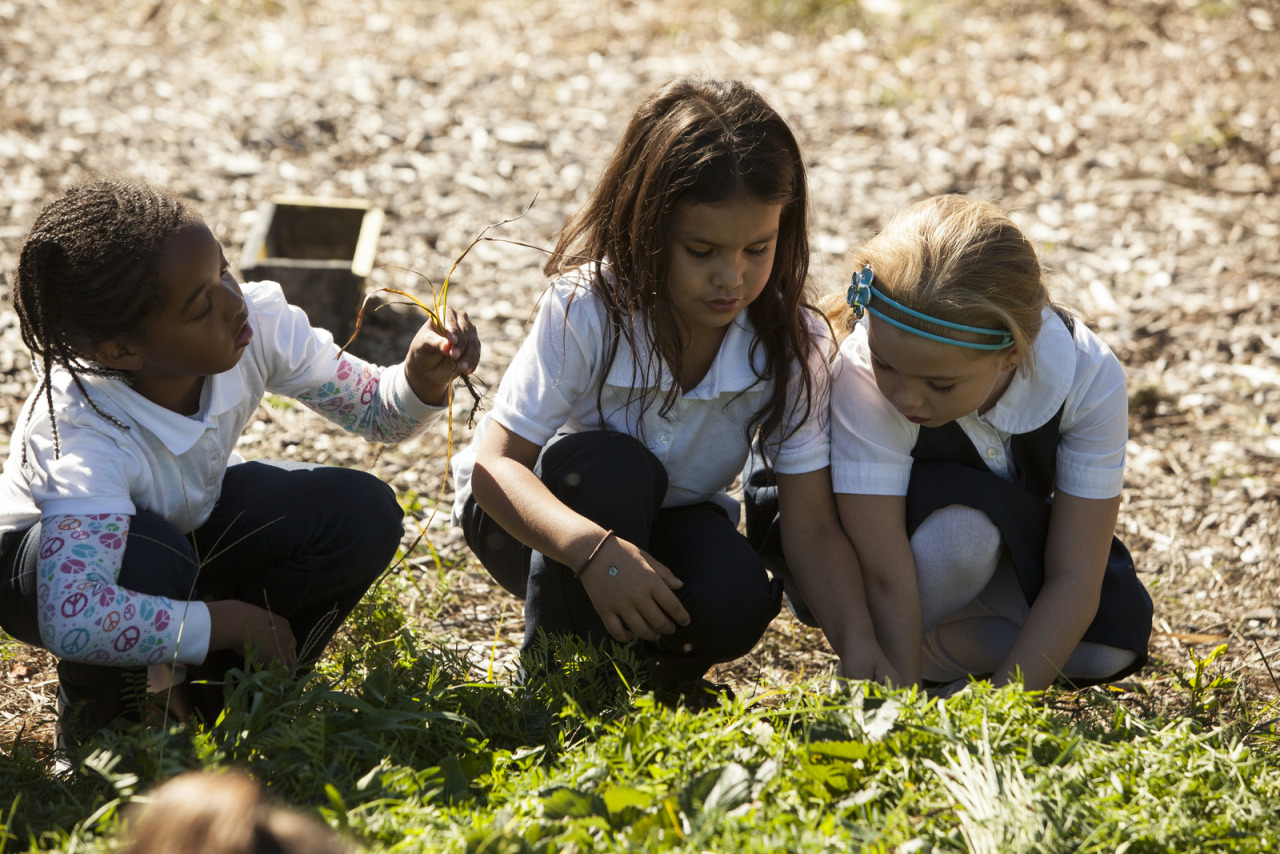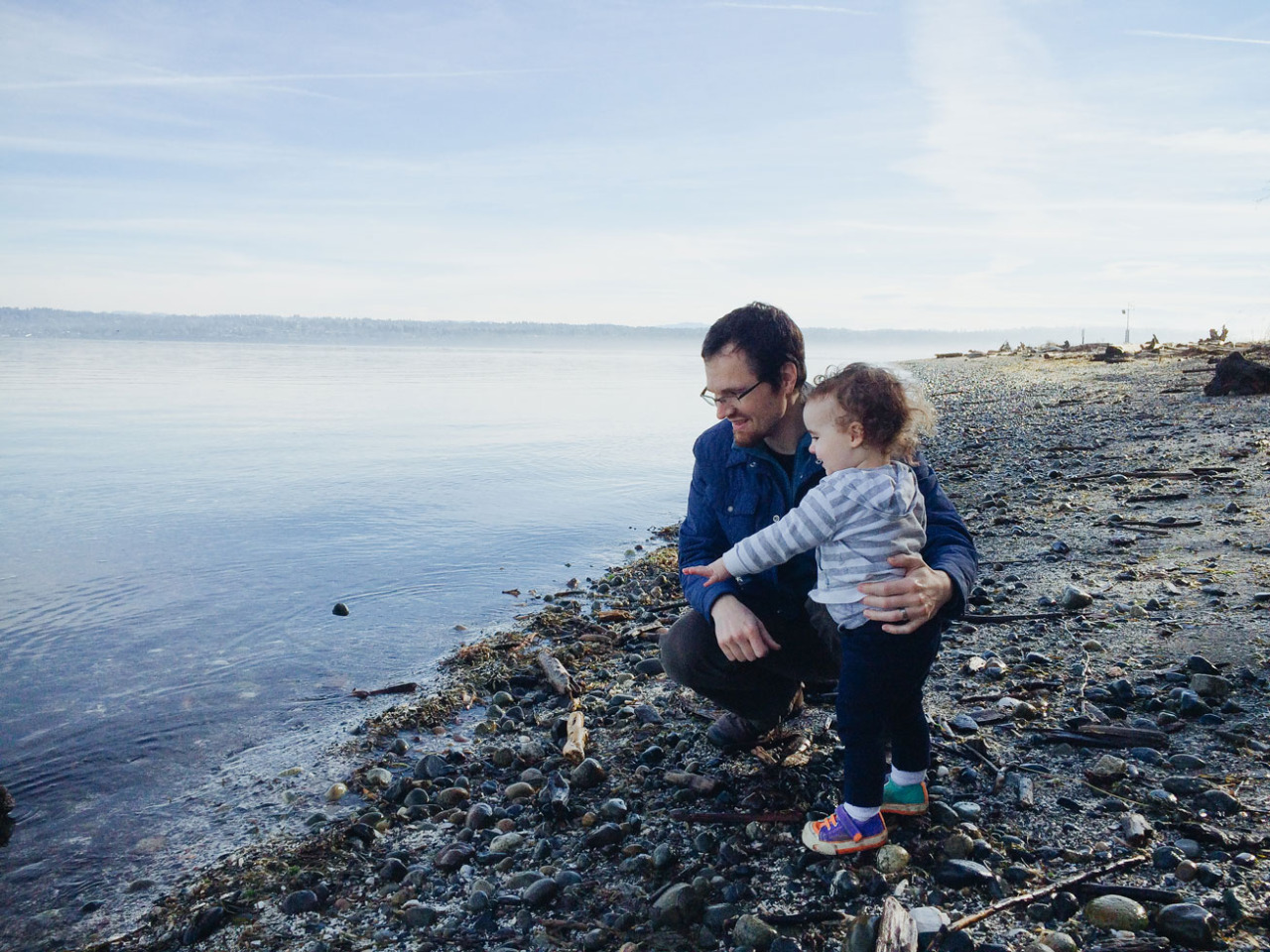The Nature Conservancy can help the children in your life become lifelong nature lovers!
Written by Cailin Mackenzie, Marketing GLOBE Intern
Photographed by Jeffrey Macmillan (Photos 1-3) and Jaci Downs (Photo 4)
Remember the school field trips you used to take? Clutching your brown bag lunch and the permission slip your parents signed? Filing onto the school bus? Listening as your teacher announces, “Okay kids, we’re headed to Burkina Faso to learn how a farmer is restoring forest lost to desertification”? No? Well now your child can! Minus the school bus.
Our Nature Works Everywhere program, with generous support from Lowe’s, takes a two-pronged approach to excite the next generation of conservationists. First, we use Conservancy science to engage kids with educational videos, lessons and virtual field trips. Second, we foster tangible environmental relationships with our school gardens program, featuring curriculum that helps students use the garden as a living laboratory and measure the ecosystem services it provides.
Classes
The number of K-12 students taking online courses has skyrocketed from 45,000 in 2000 to 6.7 million in 2012, representing a huge opportunity to bring nature into the classroom. In its four-year tenure, Nature Works Everywhere has brought ecology into the classroom for 2 million students through its digital platform, partnering with teachers to create relevant curricula that advances STEM goals and achieves a productive balance of entertainment and education. Currently, the program is working with LEAF participants to create high school lessons focused on urban sustainability, sustainable fisheries, and climate change.
Virtual Field Trips, another component of the program, are a wonderful opportunity for students to interact with Conservancy scientists and experience conservation in action. Can’t make the live field trip? No problem, you can stream them anytime. Take your child (or just yourself!) on a field trip close to home and learn about the Olympic rainforest and compare it to Arizona deserts.
Gardens
“Educational gardens give students valuable hands-on experience that grows into an appreciation for the environment and understanding of the importance of conservation” says Angela Brisson, Program Manager Nature Works Everywhere. “The main principle behind the Gardens program is that gardens model conservation science on a relatable scale. Gardens are tools to teach everything from watershed science to global climate change. Meanwhile, students are getting outside and connecting with nature in a meaningful, hands-on way.”
Any school with an existing garden can set up an account to track data from the garden’s production levels and ecosystem services. If your child’s school does not have a garden, excellent resources are available the teach how to design and build one. Washington State currently has two registered gardens, and we would love to increase local participation!
Nature Works Everywhere is a resource for everyone. Parents can register, get newsletters, share the videos with their kids, and attend virtual field trips. We invite parents to encourage their children’s teachers to incorporate this curriculum in their classroom. Your children just might find that a coral reef in Palau or an elephant herd in Sumatra affects them more than they think. Only 6% of children ages 9-13 play outside on their own every week – it has never been more important to connect future generations with the earth they rely on. Nature Works Everywhere is a potent, free way to invest in the children that will shape our planet’s future.



























